The future of Asheville's cuisine is rooted in Appalachian past
By David Thompson
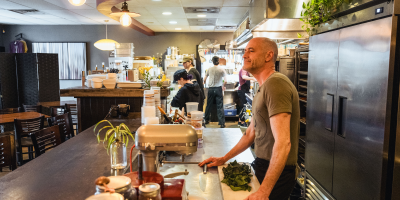
Southern Appalachia is a place that prides itself on self-sufficiency and resiliency – an ability to create and sustain using what’s available. The cooking practices that evolved from this mindset – canning, pickling, foraging, preserving – are deeply rooted in our history, shaped by the rugged terrain, limited access to commercial goods and an ingrained culture of making do. And despite the negative stereotypes often attached to Appalachian cuisine, the fare is anything but simple or unsophisticated. The region is a biodiversity hotspot, playing host to over 6,000 plant species, and our culinary heritage is diverse and complex, influenced by Cherokee, European, and African American traditions.
While Asheville's culinary scene continues to evolve to include more global flavors and ingredients, the echoes of Appalachian cuisine and tradition remain rooted in the practiced philosophy of local chefs, farmers and the organizations that connect them: honor, preserve and elevate local ingredients while building lasting community through collaboration, trust and respect.
“I wanted to cook the food they were growing”
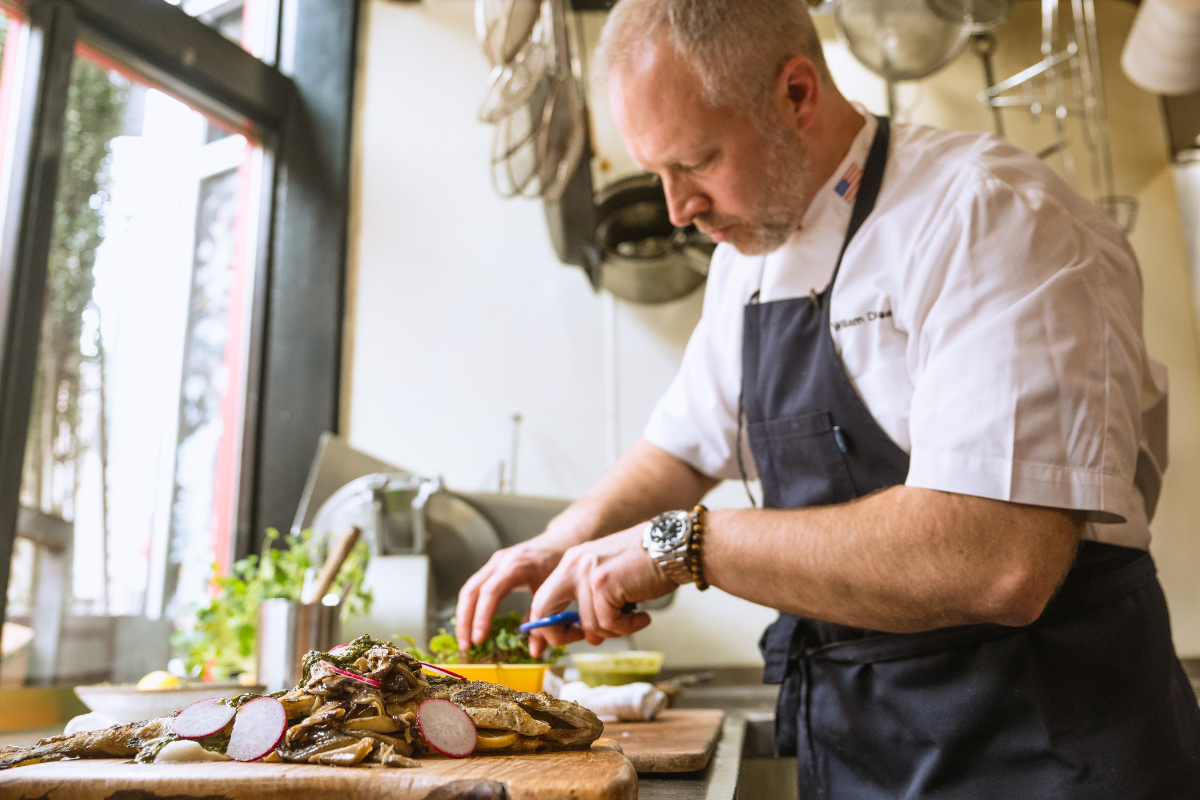
William Dissen wants you to know where your food comes from when you sit down to eat at his restaurant.
The owner and head chef at The Market Place – Asheville’s original farm-to-table restaurant, and a downtown fixture since 1979 – has placed a sign in his dining room that reads “Support Local Farms” and lists the names of farms that have produce or protein featured on his menu.
“When I was in culinary school, I had an instructor tell me, to be the best chef, you have to use the best ingredients,” said Dissen, who was nominated for a James Beard Award this year. “I think for him, that translated to using ingredients like foie gras and truffles and caviar, but for me, that translated to this Appalachian know-how, ingenuity and freshness.”
Since taking over the restaurant in 2009, it has been Dissen’s mission to highlight local, small farmers and producers who can bring the best flavors to a dish. Whether it’s fish from Sunburst Trout Farms in Waynesville, mushrooms from Black Trumpet Farms in Leicester or grains from Farm & Sparrow in Mars Hill, Dissen is serious about putting seasonal, locally sourced food on the plate.
“When diners taste our food, I want them to taste the season,” Dissen said.
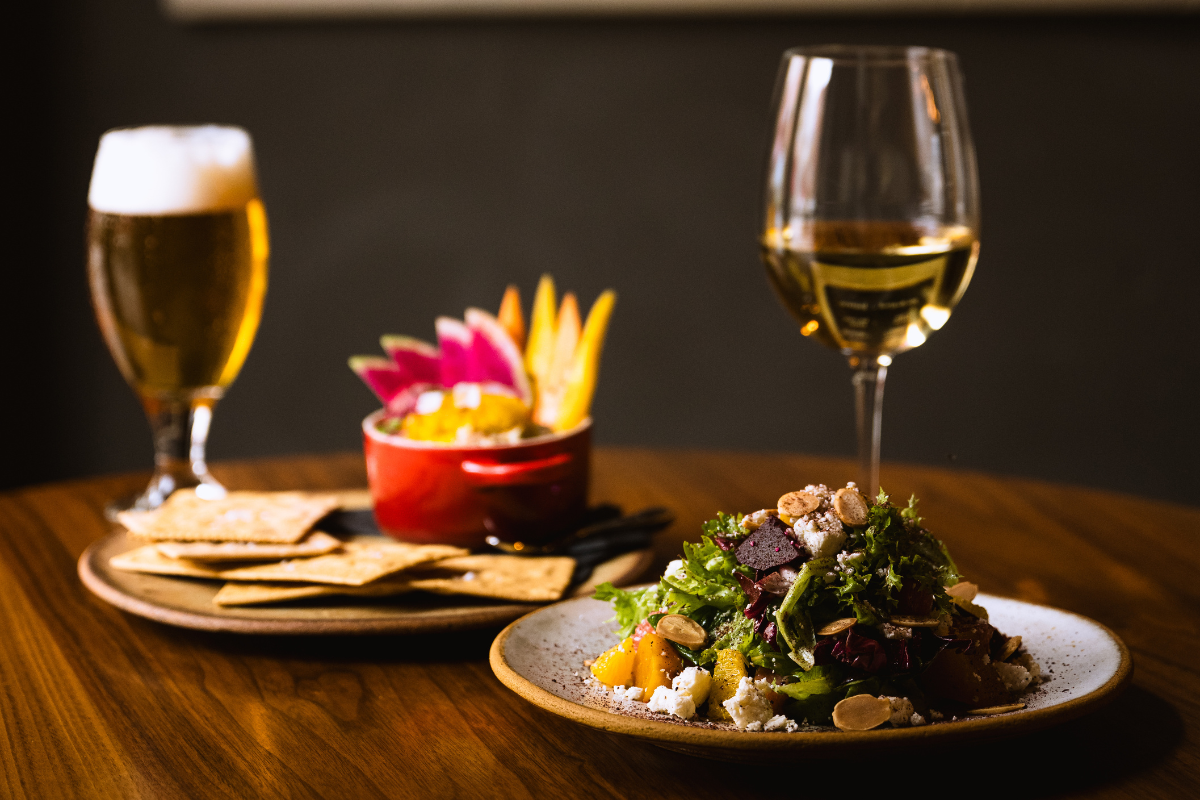
It was this same reverence for local farmers that pushed Jacob Sessoms into a culinary career when he attended Warren Wilson College in Swannanoa, just a few minutes east of Asheville, in the mid-1990s. He witnessed the bounty that local organic farmers produce in this region that is unique to the rest of the country.
“There is a historical, geographical and topographical context in that we live in a place that has never been conducive to large and commercial farming,” Sessoms said. “There’s not a single plot of land that would benefit from that approach. The farmer that survived is a leftover vestige of the subsistence farmer of Appalachian life of old.”
After cooking at several high-profile restaurants in New York City, including Washington Park under legendary chef Jonathan Waxman, Sessoms returned to Asheville to open Table in 2005.
“I became a cook because of their farming,” said Sessoms, who has since opened All Day Darling, Cultura and most recently, Golden Hour at the boutique hotel The Radical in the River Arts District. “And I came back to Asheville because I wanted to cook the food that they were growing.”
New Tastes of Appalachia
Across Asheville, chefs are also experimenting and expanding upon traditions to create bold, modern dishes backed by that same traditional ethos of working locally and sustainably.
Take Jason Sellers. He knows there’s nothing traditional about his menu at Asheville’s plant, a vegan restaurant fresh off a James Beard Award semifinalist nod.
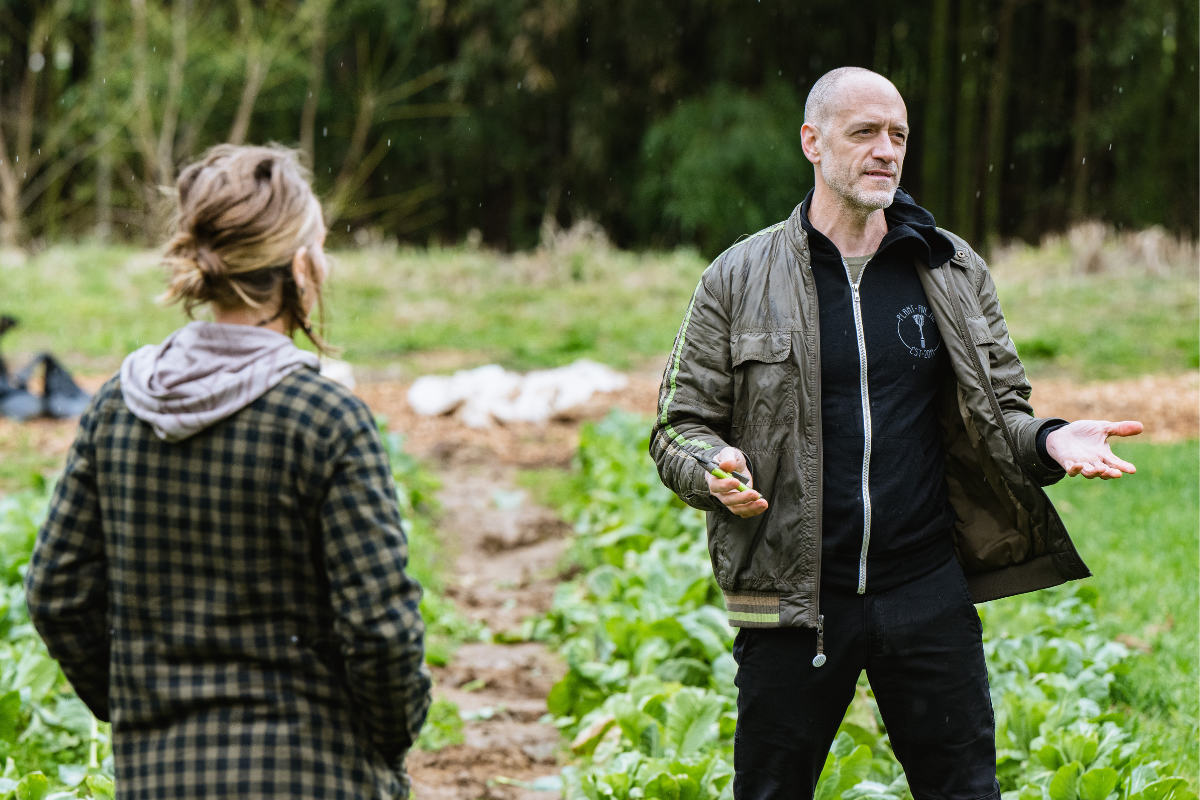
Yet, as he drives down a dirt road in a van he gutted to fill with produce, towards R Farm in Weaverville, a farm he’s worked with for years, he can’t help but feel a part of the region’s culinary story.
“I know our menu doesn’t look anything like a traditional Appalachian menu,” Sellers said. “But when I walk in the door every day... I try and think, if you’re going to travel up to the mountains, what kind of Appalachian experience are you going to have? And how can we try and keep the soul of that alive?.”
Plant’s savory crispy mushroom mole – a green chile-blue corn tamale covered with fried mushrooms, grilled romaine and chimichurri vinaigrette – or their plant-based cheese board may not scream Appalachian cuisine. Or maybe it does. 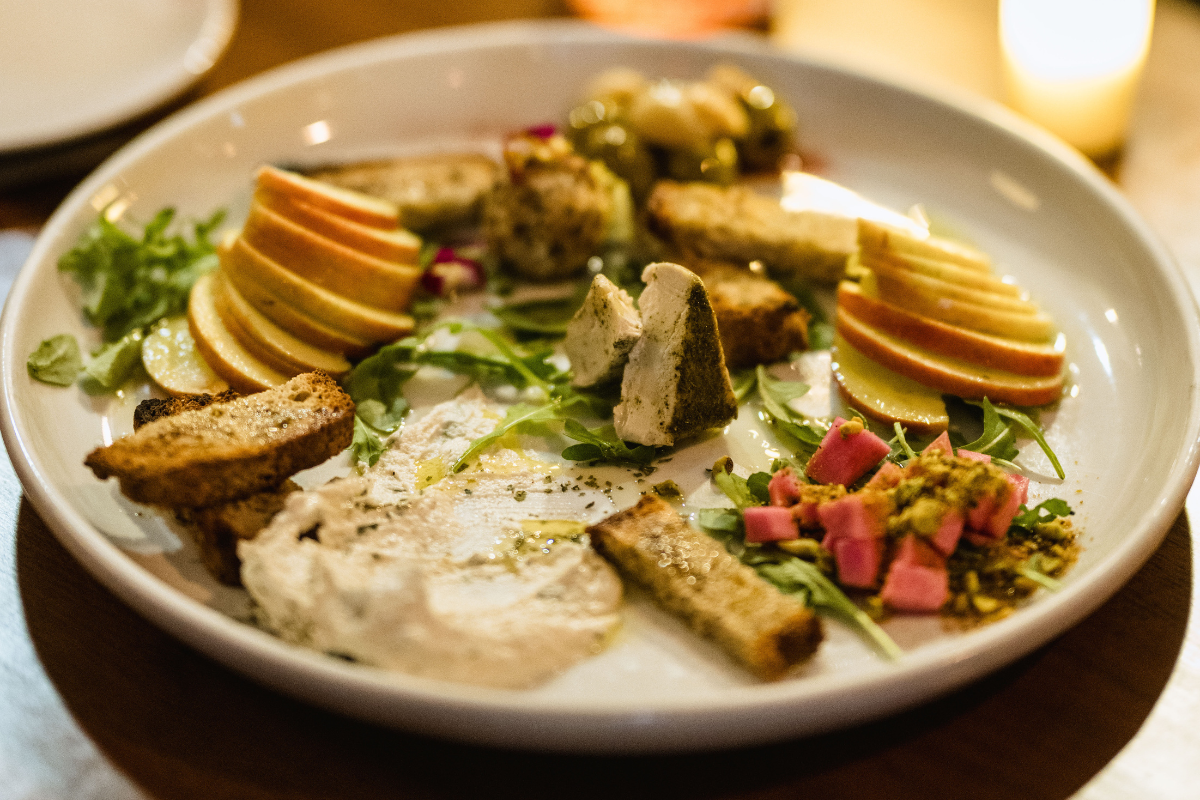
“Appalachia has always been a place to make what they need out of what they have,” said Sarah Hart, the communications and engagement director at ASAP (Appalachian Sustainable Agriculture Project), an Asheville nonprofit that helps link farmers to markets and local restaurants. “It’s always been about making something that is more than the sum of its parts. The only thing that has changed is what that meant (before) is different than what it means now.”
Global Appalachia
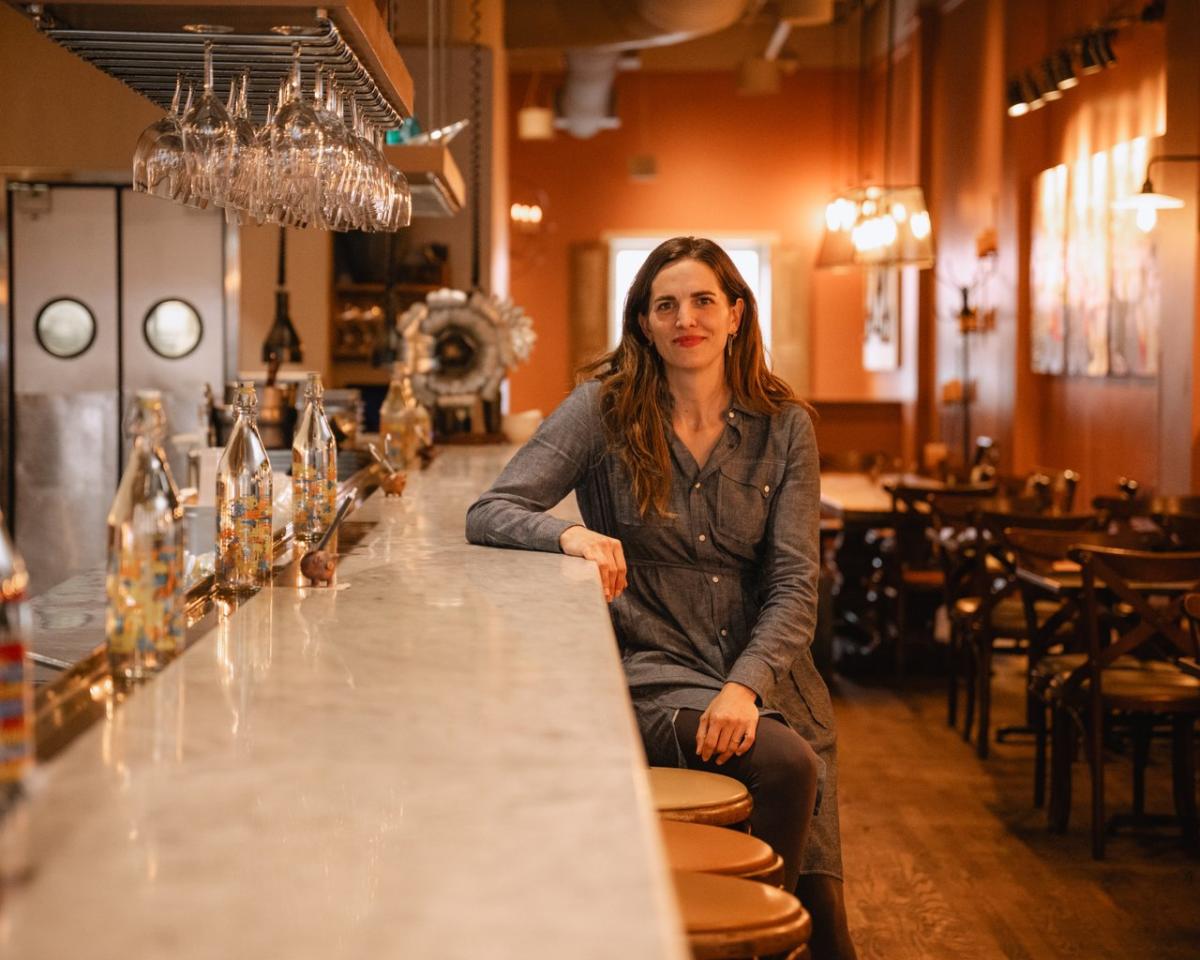
In 2009, the dream of opening a Spanish tapas restaurant was at the forefront of Katie Button’s mind – a decision that would eventually lead to national recognition and her own restaurant group. The choice on where this dream would begin, though, was still up in the air.
Then, she found herself at the North Asheville Tailgate Market on a warm spring day, not only intoxicated by the surrounding Blue Ridge Mountains, but amazed by the number of local vendors and suppliers and the diversity in their ingredients.
“I remember seeing these fairytale eggplants and these beautiful peppers,” said Button, the co-founder of the James Beard Award-winning Spanish tapas restaurant, Cúrate and La Bodega. “It was very reassuring. You could see the passion of the independent farmer but also that there was a community that supported those kinds of ingredients and ideas.”
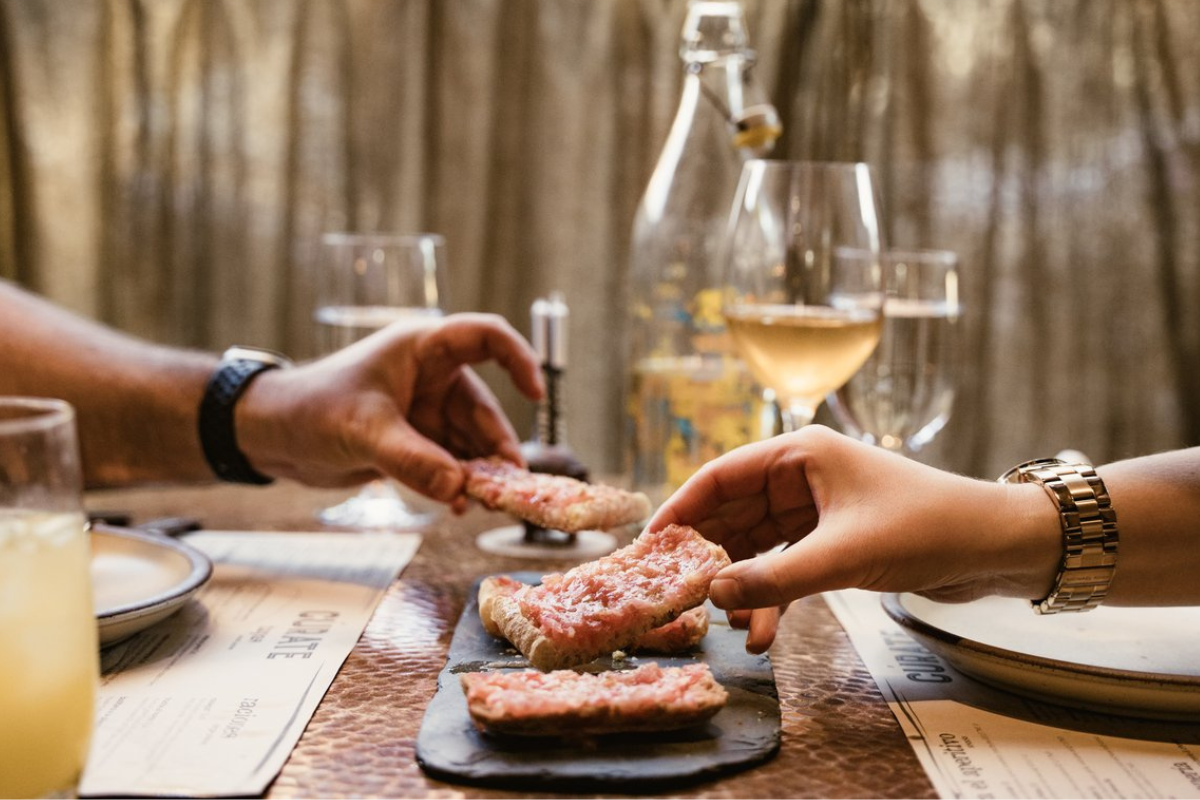
Meherwan Irani remembers being blown away by the infrastructure already in place to connect local farmers to restaurants when he opened Chai Pani in 2009. Thanks to ASAP, he was given a list of 50 local farms that could provide seasonal food and help elevate his menu.
In Asheville, Irani quickly found a willing audience for his savory chaat dishes. In 2022, Chai Pani received a James Beard Award for “Outstanding Restaurant” and the year prior, it was named one of “America’s Favorite Restaurants” by The New York Times.

“The ecosystem of Asheville was already set up for a chef to plug right in, which is what I did.” Irani said. “I can’t really take any credit for forging these relationships, cause, if anything, they came to me. It was a unique Asheville thing, to have that community built in.”
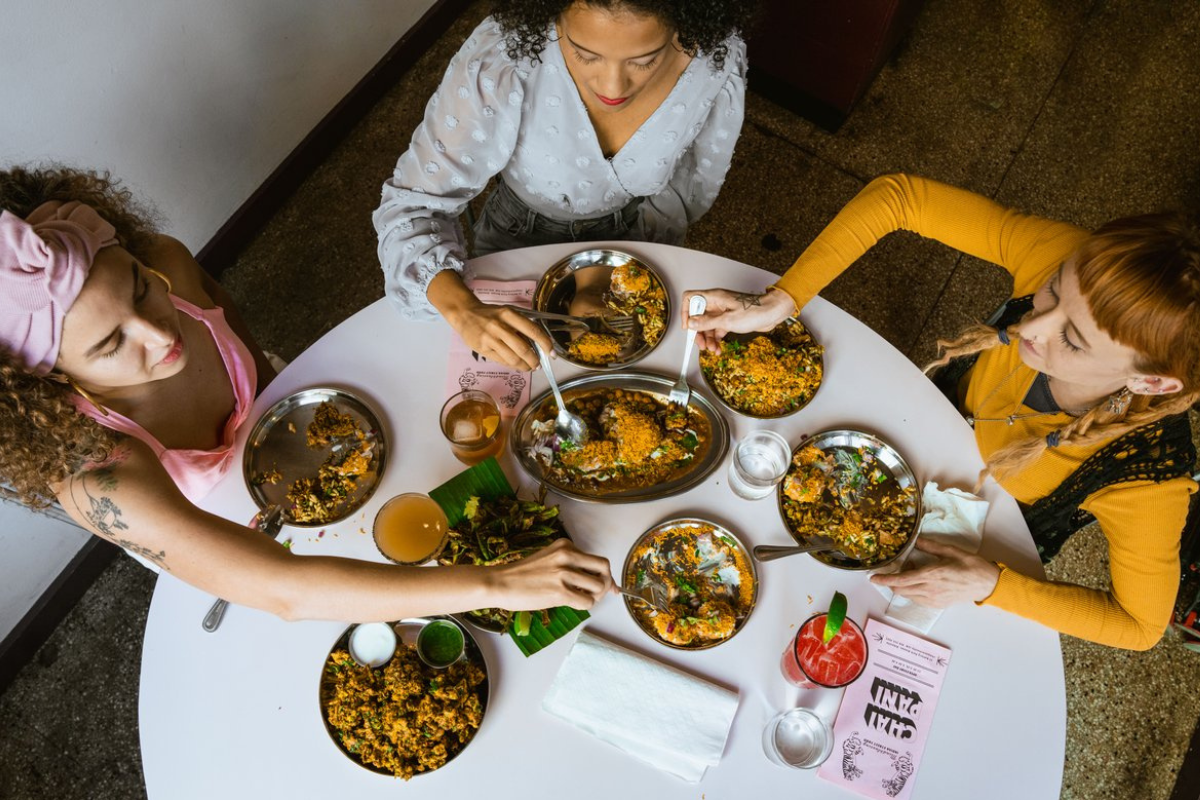
The growth of that community has led to new and exciting restaurants and chefs like Silver Iocovozz’s Filipinx Neng Jr’s – recently featured in Bon Appetit – or Ashleigh Shanti’s Good Hot Fish, a fast-casual fish fry eatery that celebrates Black Appalachian culture, community and cuisine.
According to ASAP’s Sarah Hart, the influx of culinary creatives to the region has stemmed from Asheville’s changing food culture and its rise in popularity as a premier food destination.
“As many farms in the region were making the shift from tobacco to growing local foods, [Explore Asheville] was building Asheville up as a food destination,” Hart said. “That led to this influx of tourism dollars for restaurants and helped us build that connection between farmers and chefs over the last 20 years. It made sure that the growing restaurant scene was a viable market for our local farms and has led to some incredible new places that we’re seeing today.”







